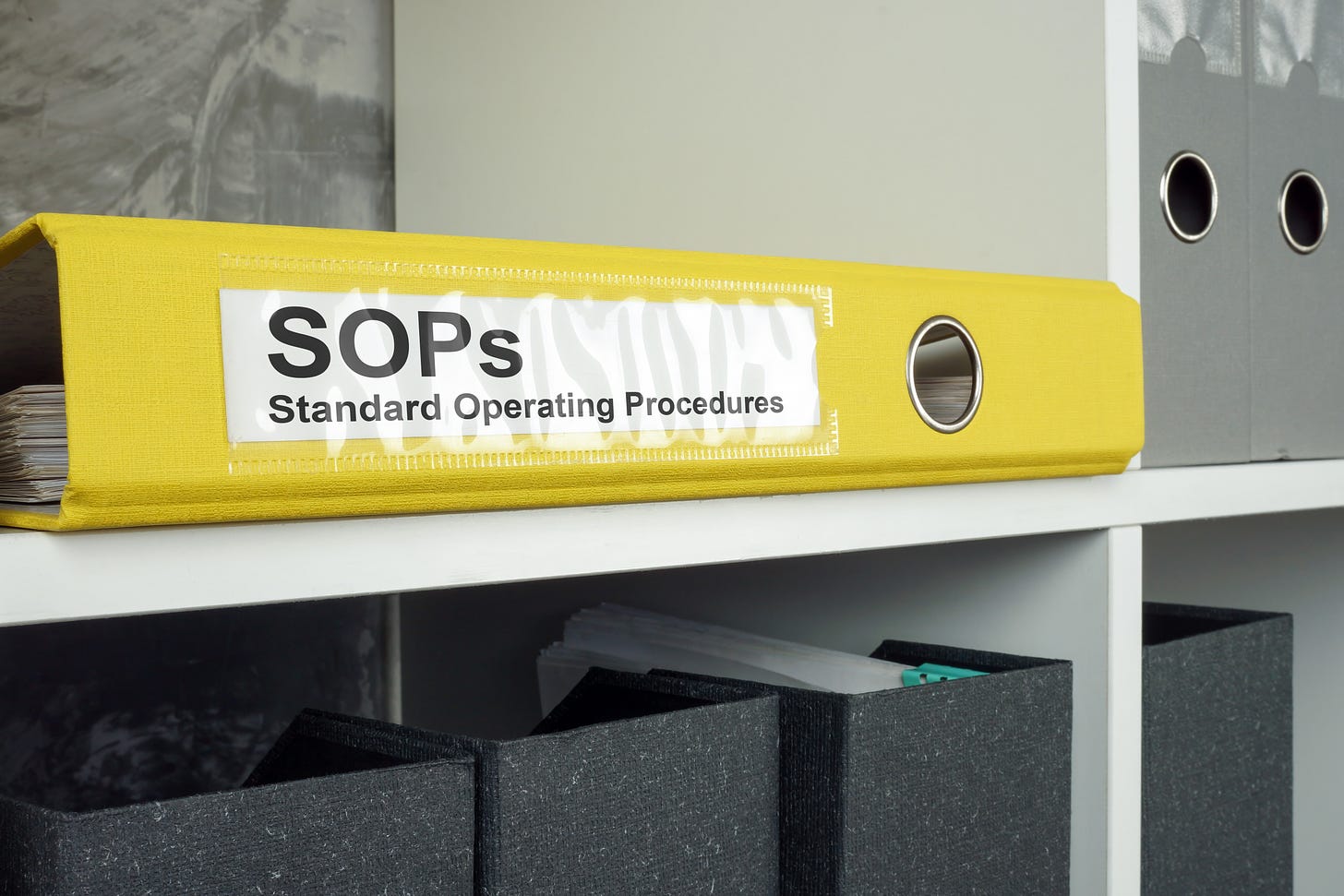Operating Procedures: A Story (Part 1)
Fred and John
The managers at a mid-size refinery decided to upgrade their process safety program. They were particularly concerned about the operating procedures, which were badly out of date. Rewriting those procedures had to be a priority. Therefore, they hired a consultant ― let’s call him John ― to write new procedures, starting with the alkylation unit. (They chose this unit because it used hydrogen fluoride catalyst, so the consequences of a large leak could be very serious.)
Fred
John told management that he needed a subject matter expert (SME) to help him, so management called in a recently retired alkylation unit supervisor. Let us call him Fred.
This situation was a win-win for everyone. It was a win for John because he had the full-time availability of an SME. Also, because he was a retiree, Fred was not always being pulled away to carry out his ‘real work’. It was a win for Fred because he made some extra money, and he got to visit with his old friends. It was a win for management because they knew they would wind up with good set of procedures. It was even a win for Fred’s wife, because she was tired of him hanging around her kitchen.
Silence
On the first day of the project, John and Fred met in a small conference room. John started the conversation by saying “Fred, after you have changed into your work clothes, tell me what you do in the first 30 minutes at the start of your shift.” This question was met by dead silence ― Fred knew exactly what he did, of course, but he had never had to verbalize it. Eventually he said, “After talking to the previous shift, and reading the log book, I climb up C-200 (a tall distillation column) and look around to make sure that everything is OK.” John replied, “Tell me what you mean by the phrase OK”. Once more: dead silence. What Fred was looking for, of course, were situations that could cause problems ― maintenance workers in the wrong location, steam leaks, broken barrier tape ― anything that looked unusual or out of order.
The fact that Fred needed time to explain his actions was not a criticism of his skills or knowledge. His silence reflected the fact that he had rarely had to verbalize his actions in such as systematic manner.
As the conversation progressed, Fred became increasingly relaxed and comfortable. In the end, he really enjoyed talking about his work and explaining his actions. All human being who are proud of their work like to talk about that work to others. Fred was no exception.
. . . to be continued.




